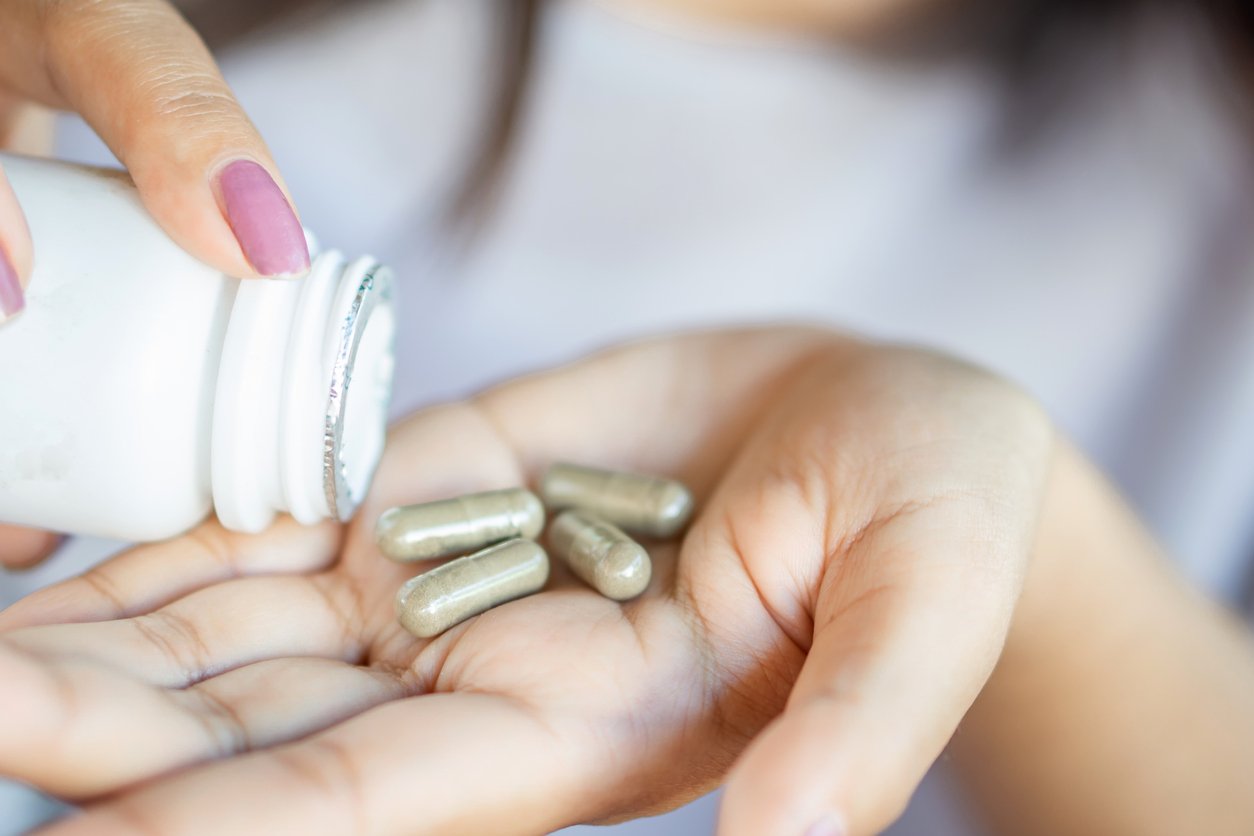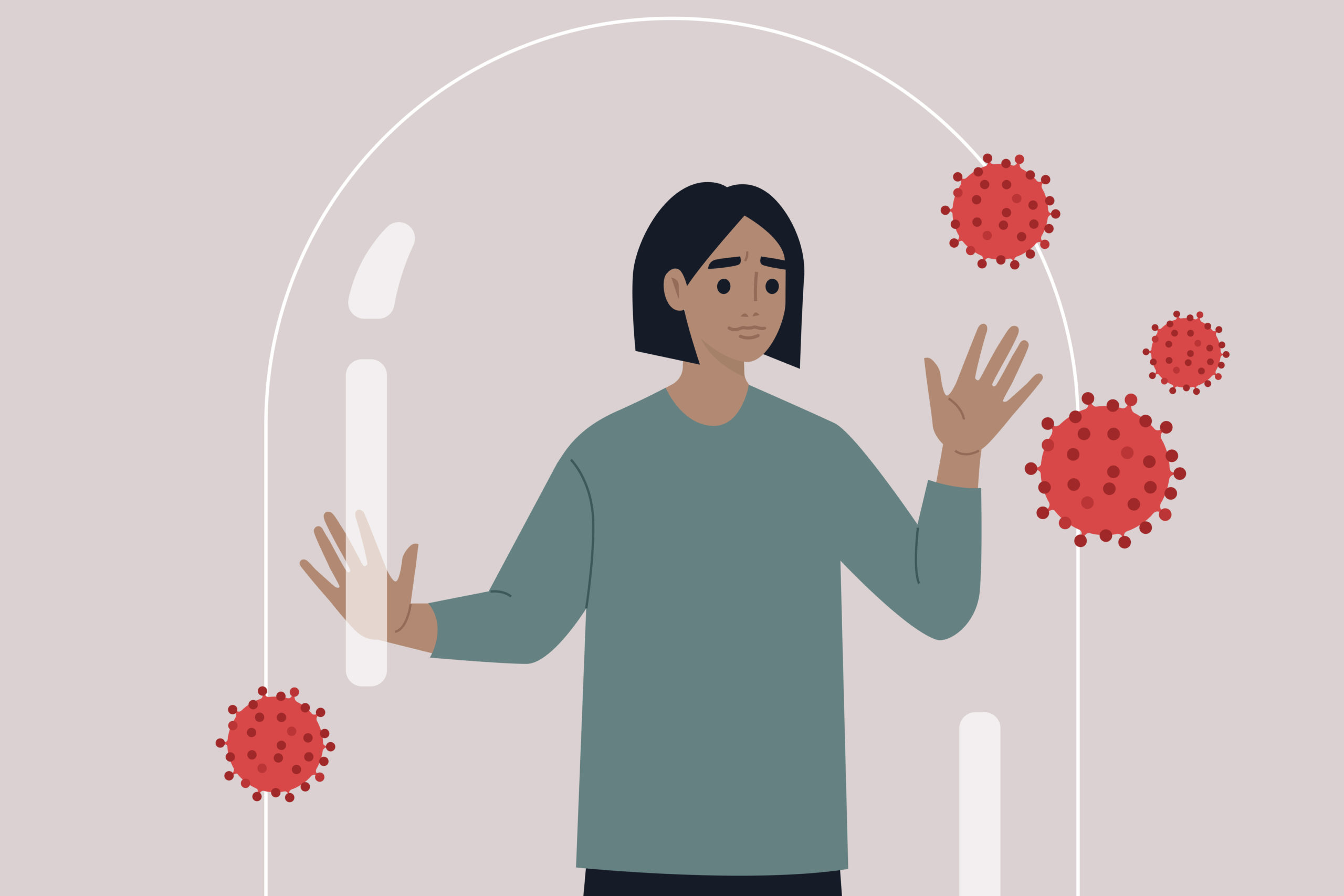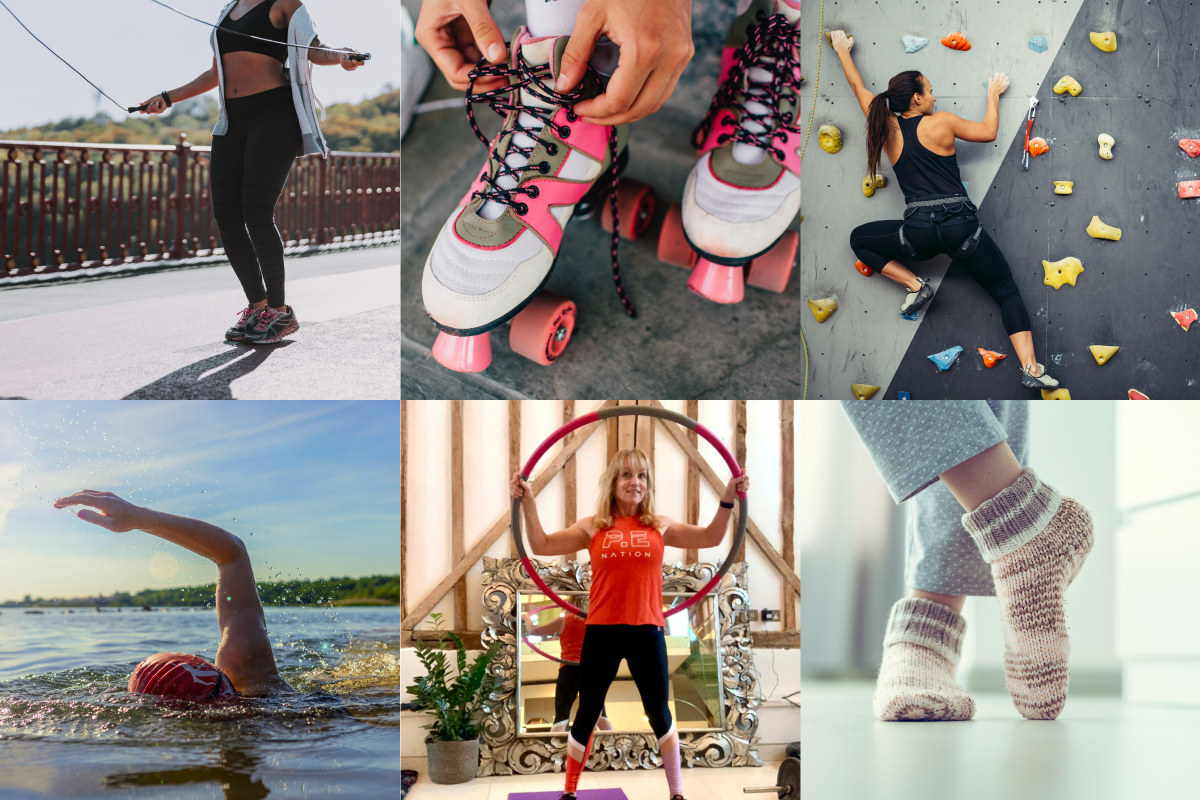We’ve seen a lot of stories online about boosting your immune system via supplements to protect yourself from coronavirus. However, it’s important to take any claims like this with a pinch of salt. Whilst some of the advice out there seems ridiculous it is also dangerous if people believe it.
The truth is that certain foods or supplements can’t make you immune to coronavirus. Food does have a massive impact on our health – that is true and eating healthy ensures that your immune system keeps running as it should. This includes a varied and balanced diet, with plenty of fruit and vegetables to get a good spread of minerals and vitamins. Frozen, tinned and dried fruit and veg also are just as good in terms of vitamins! Getting a good amount of sleep and exercise is also important for keeping your body healthy.
What about Vitamin C Supplements?
Vitamin C has long been considered the ultimate immune system booster, with many of us reaching for the supplements as soon as a cold comes on. Vitamin C is great for us. It supports the function of various immune cells and enhances their ability to protect against infection. Studies also show that it can help reduce the direction and severity of respiratory tract infections like the common cold
Vitamin C is water-soluble, which is the reason why need some vitamin C every day, unlike some other vitamins. Some supplements on the market offer up to 1000mg of vitamin C, but adults only need about 40mg a day, so the rest will just end up being peed out! Best to stick to vitamin C boosting food – oranges, citrus fruit, strawberries, red peppers, broccoli and potatoes.
Do Probiotics Help?
Companies have long made the claim that pro-biotics are great for your health. The idea is that they are live bacteria that introduces good bacteria to your system to balance the bad bacteria that causes infections. They’re especially supposed to be good for your digestive system. However, there is no evidence that pro-biotics really help your health and certainly not help with your immune function. The European Food Safety Authority has rejected health claims when it comes to improving the body’s natural defences, due to lack of evidence.
What Supplements Should We Take?
One of the only supplements that the NHS recommends is 10mg of vitamin D a day. This is just standard, however, and not related to Covid-D. Most of the Vitamin D we get is from the sunlight, so supplements in the winter can be wise. Studies have shown that Vitamin D may improve immune response and can protect against respiratory tract infections. While we’re self-isolating and not able to spend as much time in the sun, it may be wise to take Vitamin D to stay healthy.
In general, taking supplements isn’t bad for you. However, companies can sometimes sell you supplements with a large number of vitamins in them when your body just doesn’t need that many. Stacking supplements on supplements doesn’t have any evidence to help. In general, eating healthy, sleeping well and getting a good amount o exercise is the best way to boost your immune system and protect you as you fight of virus. However, it can’t stop you getting ill all together. The best protection against Coronavirus, as the government advises, is washing your hands, avoiding social contact, and not touching your face.





